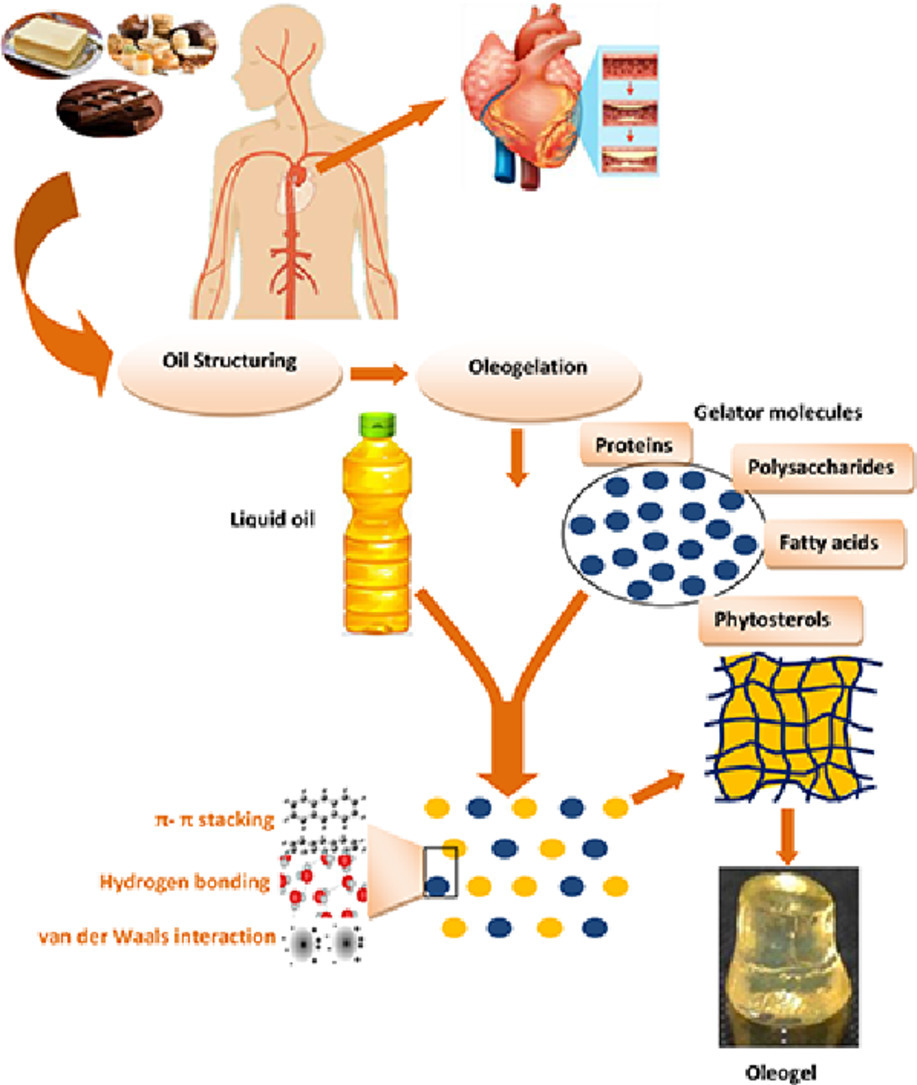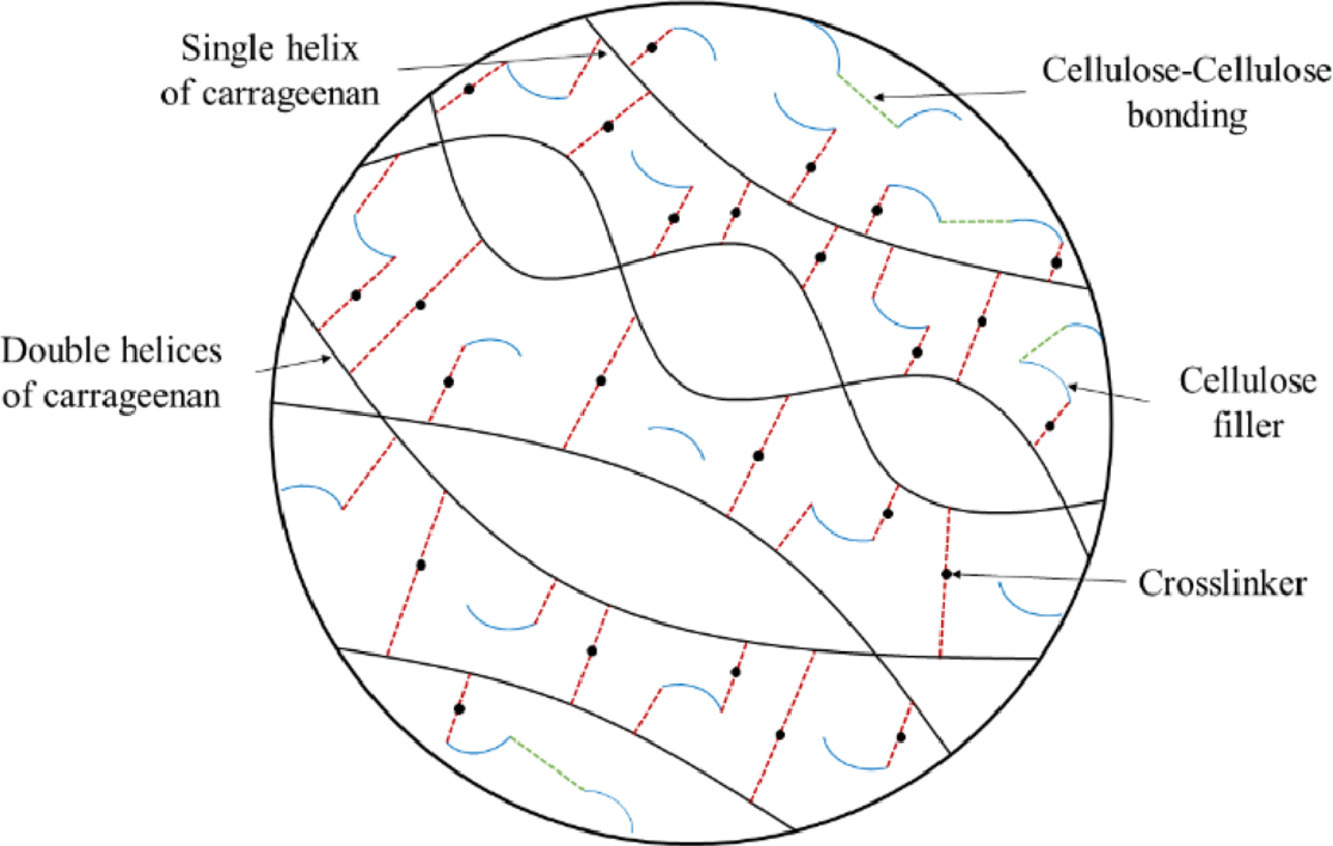Objective: To develop a new scoring system that more accurately predicts 30-day mortality in patients with alcohol-associated hepatitis (AH). Methods: A cohort of consecutive adults diagnosed with AH at a single academic center from January 1, 1998, to December 31, 2018, was identified for model derivation. Multivariate logistic regression was used to create a new scoring system to predict 30-day mortality. External validation of this score was performed on a multicenter retrospective cohort. Results: In the derivation cohort of 266 patients, the 30-day mortality rate was 19.2%.
Background: Many residents of the Bronx are from West Africa where chronic hepatitis B is endemic. Hepatitis B screening is low in West African immigrant communities due to multiple possible cultural and socioeconomic factors. Methods: A culturally sensitive educational program on hepatitis B with a special emphasis on the relevance for the West African community was developed.
Background: Numerous studies have quantified the associations between ambient temperature and enteric infections, particularly all-cause enteric infections. However, the temperature sensitivity of enteric infections might be pathogen dependent. Here, we sought to identify pathogen-specific associations between ambient temperature and enteric infections.
Advances in Life Course Research, in press 2022, 100466
The effect of family on health.
Bioactive Compounds of Winery by-products: Extraction Techniques and their Potential Health Benefits
Applied Food Research, Volume 2, Issue 1, 2022, 100058
Winery by-products used for health benefits.
An Article in support of SDG 2 and 12, providing a comprehensive picture of consumption of total animal-source foods, unprocessed red meat, processed meat, seafood, egg, milk, cheese, and yoghurt consumption in 185 countries among children and adults.
This article supports SDG's 13 and 15 by discussing the main findings from the Special Issue on the impact of global changes on soil biodiversity: from fauna, to fungi, soil organisms and microorganisms.
Sustainable food packaging against plastic pollution & waste.


